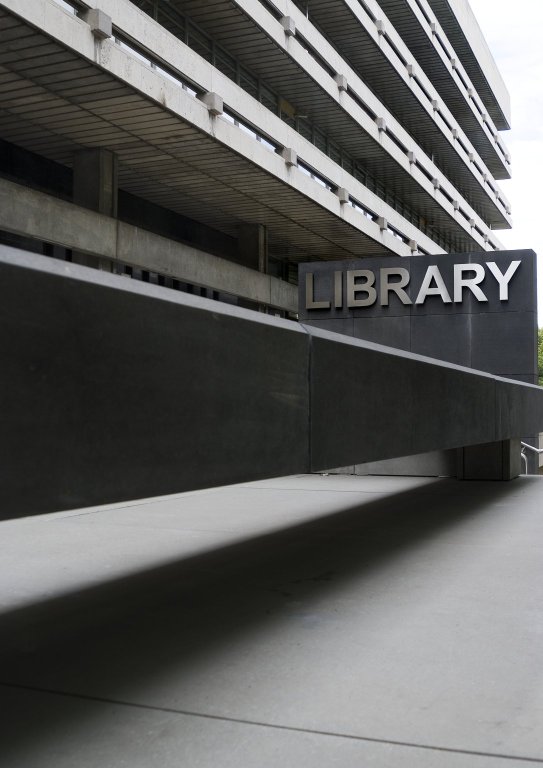Content warning: Discussion of sexual assault.
The University of Edinburgh has faced renewed criticism over its sexual misconduct procedure after two students described their experiences with the university’s “traumatic” sexual misconduct procedure to the BBC.
One student said to the BBC that she was sexually harassed over text by a senior tutor after they shared phone numbers for academic support at an online student mixer in 2021.
According to the student, he asked to come to her flat with alcohol and claimed to have slept with “six, maybe seven” students at a previous university.
The student told the BBC that:
“I think what felt most personally upsetting was the ‘I bet there’s been professors in your past’ – why can’t I show up to a social event and not have it projected onto me that I’m showing up in a sexual way?”
“The effect on my mental health was very, very bad because it was in the middle of pandemic, I was very isolated, living in a foreign country. I felt so alone.”
“The complaint seemed to be taken seriously for a long time until it wasn’t – it just went away I guess.”
The professor is still employed by the university and, according to the BBC, is believed to now have less contact with students.
Another student described to the BBC being groped and sexually assaulted in first year by an older male student who ran a university society she had joined. She said that the man had previously made repeated sexual comments to her and on the night of the assault knew she was “highly intoxicated” and unable to consent.
The student raised a complaint with the Edinburgh University Students’ Association’s (EUSA) Advice Place and claims to have provided substantial evidence, including “15 witness statements from earlier in the night proving how drunk [she] was.”
After a six-month investigation, it was determined that “on the balance of probabilities, the assault did not take place” and the man was given no suspension or penalties.
Speaking to Good Morning Scotland, she said that:
“It was the worst six-months of my life.”
“It was so traumatic you are put in a position where you have to relive that event if you want anything to happen”.
In the interview, she criticised the university’s six-month window for reporting incidents and proposed that welfare representatives should be enforced in every society. The university also advised her against speaking to the police because it would interfere with their own investigation.
This practice came under fire in March this year after one student said to the Times that after reporting a sexually assault:
“[University officials] discouraged me from going to the police at all and were saying that a police investigation could be a lot more brutal than a university investigation, and a lot more difficult for me to go through.”
“[They] made it sound like I could kind of have the same results by going through the university.”
At the time, Pam Gosal, the Scottish Conservative’s higher education spokeswoman called for an independent investigation:
“These allegations are concerning and deserve to be looked at by the Scottish government.”
“Survivors of sexual assault must be fully supported to report crimes against them. They should never be advised to keep silent.”
A University of Edinburgh spokesperson told The Student that it “does not discourage or prevent students from reporting any incident to the police.”
The fresh claims coincide with the launch of the Sex? On Campus campaign, a student-led movement that aims to increase consent awareness and tackle “rape culture” at the university.
One campaign head, Kirsten Hay, told Good Morning Scotland that the university needs to “do better and support survivors a lot better.”
“A lot of the time the [university] are telling us that they are doing a lot with not that much to show for it.”
From 2017/18 to 2022, the university received 80 reports of sexual misconduct, the highest of Scotland’s eight top universities.
The actual number of incidents is likely higher as cases often go unreported.
Speaking to the BBC, another campaign head, Kate Wilson, said that:
“I’ve heard of students being pursued [romantically, by staff] and that is maddening to me, because the university is so set on putting its reputation first.”
“That was a big shock for me about this applying to tutors and lecturers – you are geared to believe they’re going to protect you.
“It feels disgusting, that you’re being left out to dry. Being a student is already such difficult point in your life.”
Responding to the allegations, a University of Edinburgh spokesperson told The Student that:
“We do not tolerate sexual violence within our community.”
“Any complaints made against students or staff are taken very seriously and we have processes in place to investigate reports made to us thoroughly.”
“When misconduct is proven to have occurred, we will take appropriate measures, including disciplinary action.”
They added that:
“We have a dedicated team who provide specialist advice and support to those affected by forms of abuse, including guidance on how to contact external organisations such as the Police.”
“In response to student concerns, we updated our procedures in January 2023 in order to ensure reports that are made to us are investigated robustly and fairly for all parties.”
“We will continue to listen to views on what changes can be made to refine our processes, and help make sure that our community feels safe and protected.”
There are a number of resources available to those who have experienced sexual assault. These include the Edinburgh Rape Crisis Centre, EUSA’s confidential Advice Place, and NHS Scotland’s sexual assault self-referral phone service (SARCS).
“Edinburgh University Library, Entrance.” by CRC, University of Edinburgh is licensed under CC BY-NC-SA 2.0.

